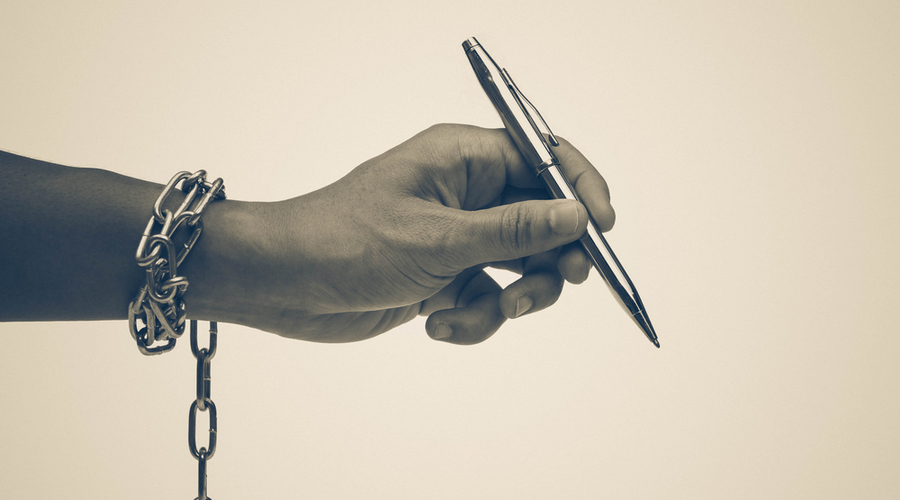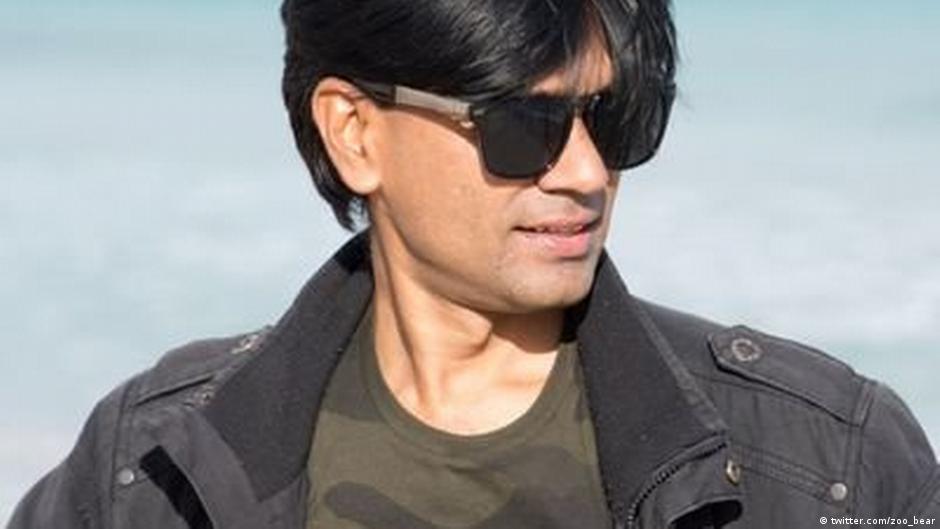Several media veterans and organisations on Monday deplored the government’s targeting of journalists and discussed ways of providing free legal aid to those from the profession who lack the means to fight the cases registered against them over their work.
At a meeting at the Press Club of India, Business Standard chairperson T.N. Ninan proposed a fund to establish a network of lawyers to defend journalists.
“It should not be difficult for all of them (news outlets) to at least agree on the basics of press freedom, and individual journalists’ freedom,” he said.
“It is time for us to organise a legal aid fund to help individual journalists to fight the different cases they (face). Some of them have limited resources; in some cases organisations don’t support them and they deal with it with their personal resources and their families are in great difficulty.”
Ninan added: “Try and set up a panel of lawyers in different cities who are willing to battle pro bono to help journalists deal with the cases filed against them.”
Referring to the recent case against AltNews co-founder Mohammed Zubair, The Wire’s founding editor, Siddharth Varadarajan, underlined that the courts had granted remand although the period of limitation on the offences he was originally accused of had, under Section 468 of the Criminal Procedure Code, expired last year.
Zubair was initially arrested under penal sections 153A (promoting enmity between different groups) and 295A (acts intended to outrage religious feelings) for a 2018 tweet that showed a still from a 1983 film. The police later added the charges of criminal conspiracy, destruction of evidence and alleged violation of the Foreign Contributions (Regulation) Act.
“We are in the midst of a full-blown attack on media freedom… and we are still some distance away from the peak,” Varadarajan said.
“There will be more such attacks on individual journalists and media platforms. There will be attempts to create new laws and rules, and the resort to gross violations of legal procedure will only escalate.”
Varadarajan added: “Alt News performs one of the most vital and crucial tasks of journalism, which is fact-checking…. Large sections of the media have abdicated that responsibility and allowed the free flow of misinformation and false news.
“The reason why fact-checking is a vulnerable profession in India... is that Alt News’ consistent debunking of lies and malicious propaganda has become a major roadblock to the government’s attempts… to manipulate public opinion…. There is a pattern in this government’s targeting of journalists who happen to be Muslim.”
The meeting, hosted by the Press Club of India, was attended by several members of the Indian Women’s Press Corps, Press Association, Working News Cameramen’s Association, Delhi Union of Journalists and the Indian Journalists’ Union.
A resolution adopted at the meeting said: “The plethora of FIRs against many of our colleagues in the recent past and ED raids (on) media offices send an ominous signal to the future of the profession as a whole…. On the other hand, those who actually make hate speeches are moving around freely.
“In addition to arbitrary arrests of media persons, other worrisome developments relate to the new CPAC (Central Press Accreditation Committee) guidelines for PIB (Press Information Bureau) accreditation, denial of PIB accreditation (renewal) to as many as 300 journalists on specious grounds, continuation of Covid restrictions in the press gallery of the Lok Sabha and central hall….
“In addition, we would like to express our concern at Kashmiri journalists being systematically stopped from flying out of the country, the latest example being that of Pulitzer Prize winner Sanna Mattoo.”
Press Council of India member Jai Shankar Gupta said: “I went to jail during the Emergency. It was nothing compared to what is happening now…. The Enforcement Directorate has been misused to effect changes in governments. We shouldn’t be surprised if the same is used to change the owners and editors of papers.”












